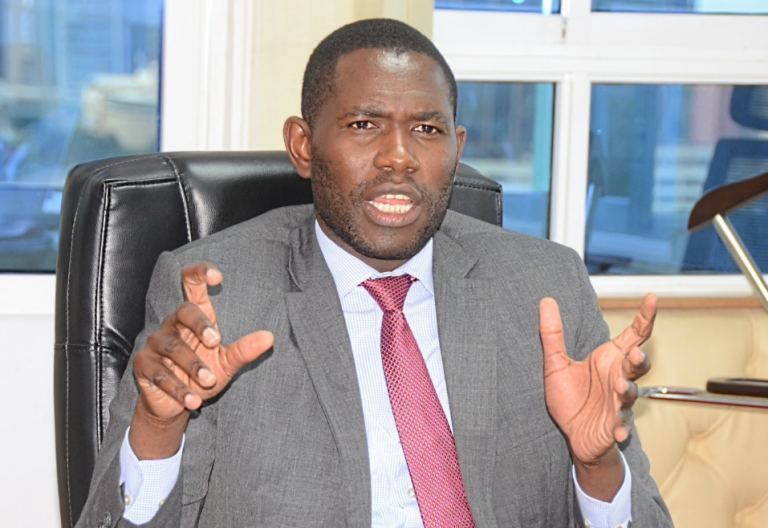Oluga: Africa must invest in local manufacturing of vaccines to reduce dependency

The Principal Secretary for Medical Services, Ouma Oluga, has called for enhanced investment in local manufacturing and global collaborations to bolster health security.
Speaking at the 78th World Health Assembly (WHA78), a high-level panel hosted by UNITAID, Oluga emphasized the lessons learned from the COVID-19 pandemic, particularly the continent’s overreliance on external sources for vaccines and protective equipment.
He highlighted how global supply chain disruptions left many African countries at the back of the queue for critical health commodities, reinforcing the urgent need for self-sufficiency and strategic local production.
“The COVID-19 pandemic exposed our vulnerabilities, highlighting the necessity for Africa to develop its own manufacturing,” Oluga stated. “We must invest in local production to ensure timely access to essential health products and reduce dependency on imports.”
The discussions at WHA78 reflect a growing consensus on the need for sustainable, locally driven health solutions.
The panel, which brought together senior health leaders from around the world, focused on strategies to strengthen health systems and enhance preparedness for future health emergencies. The PS highlighted the importance of collaboration, noting that in an increasingly interconnected world, “working in isolation is no longer a viable option.” He stressed that “global collaboration is essential to building resilient health systems.”
Enhancing global health preparedness
Addressing the newly adopted Pandemic Agreement, Oluga described it as a transformative tool to enhance global preparedness and reduce inequalities in access to life-saving medical resources.
“This agreement represents a significant step forward in our collective efforts to strengthen health systems and ensure equitable access to health services,” he noted.
Kenya has been at the forefront of pushing for local manufacturing in Africa. The establishment of the Kenya BioVax Institute is a testament to the country’s commitment to enhancing vaccine production capabilities.
Oluga emphasized that such initiatives are crucial for achieving the African Union’s goal of manufacturing 60 percent of the continent’s vaccines by 2040.
“Investing in local manufacturing not only strengthens our health systems but also creates jobs and stimulates economic growth,” Oluga remarked. “It is imperative that we align policies and investments to support the pharmaceutical and biomanufacturing sectors.”
The WHA78 panel underscored the need to build resilient health systems through strategic investments and collaborative efforts.
“Now is the time to act. Together, we can transform our health systems and ensure a healthier future for all.”













